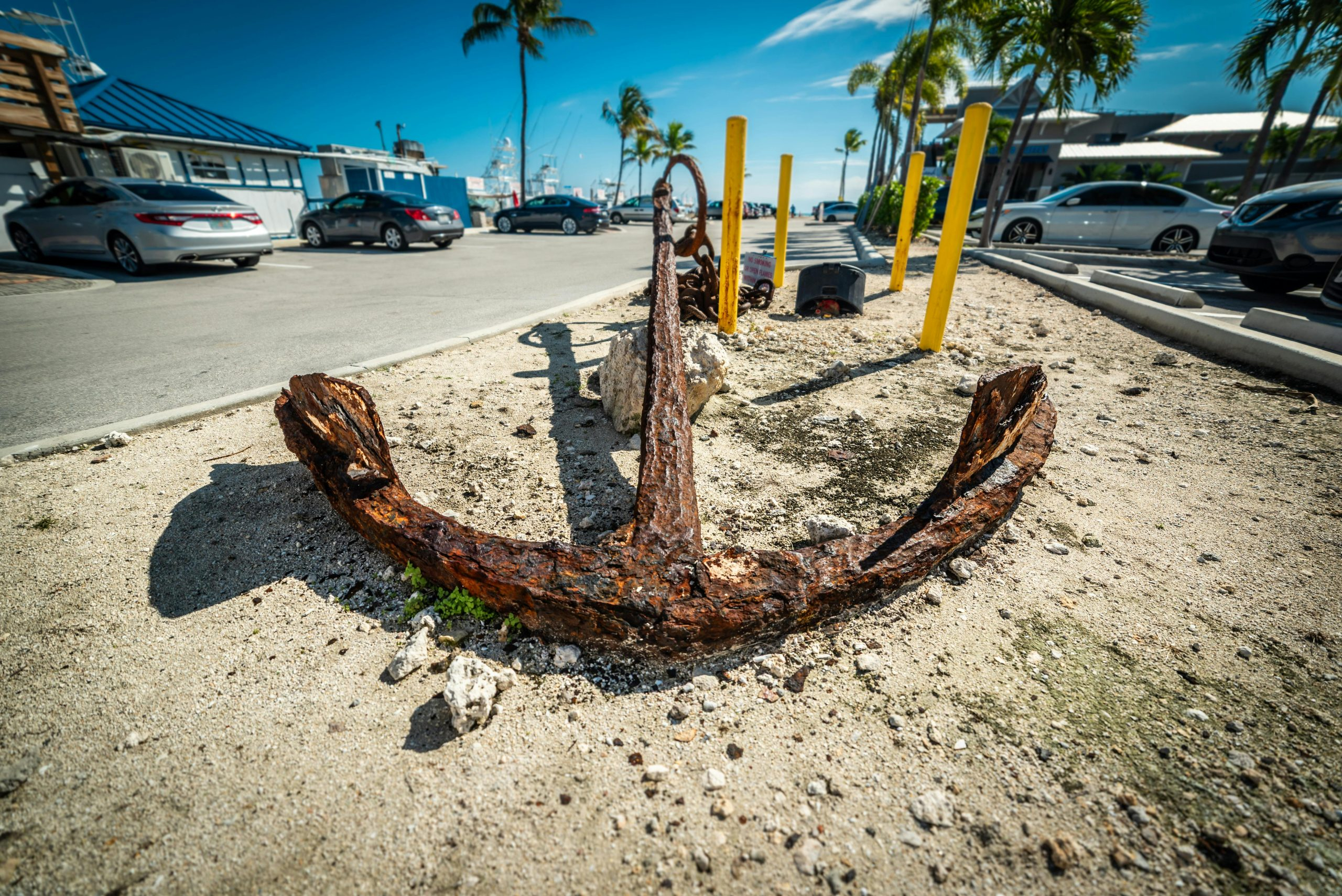The Psychology of Travel Memories: Why Vacations Stay With Us
There’s something about travel that has a way of imprinting itself in our minds and hearts in a way that nothing else can. No matter how much time passes, memories of our vacations seem to stay vivid and alive, weaving their way into our day-to-day lives. But have you ever stopped to wonder why this is? Is there a scientific explanation as to why travel memories hold such a special place in our minds? As it turns out, the answer lies in the psychology behind our travel memories. In this article, we’ll delve into the fascinating world of travel memories and uncover the reasons why vacations stay with us long after we’ve returned home.
The Power of Novelty
One of the main reasons why our travel memories stick with us is because they are associated with novelty. When we travel, we are exposed to new and exciting experiences, cultures, and environments that we may have never encountered before. This stimulation of the senses creates a strong emotional response, triggering a release of dopamine in our brains, which is responsible for feelings of pleasure and reward. This is why even the smallest of details, such as the smell of a particular food or the sound of a street performer, can be etched in our memories for years to come.
The Role of Emotions
Another key factor in the strength of our travel memories is our emotional state during the experience. When we travel, we are often in a heightened emotional state – we may feel excitement, happiness, awe, or even fear. These intense emotions help to anchor our memories, making them more vivid and long-lasting. In fact, studies have shown that memories associated with strong emotions are more likely to be remembered than those without any emotional significance.
The Impact of New Environments
Our physical surroundings can also have a significant impact on our memories. When we travel to a new environment, our senses are exposed to unfamiliar sights, sounds, and smells, which can help to create more detailed and long-lasting memories. This is because our brains are constantly seeking new information and experiences to process, and when we travel, we are bombarded with an abundance of new stimuli, making it easier for our brains to retain those memories.
The Power of Nostalgia
As the years go by, our travel memories often become a source of nostalgia. We may find ourselves reminiscing about a past trip and feeling a sense of longing to relive those experiences. This is because nostalgia helps to create a sense of connection to our past selves and the times when we were truly happy and carefree. As a result, our travel memories take on a sentimental value, making them even more powerful and enduring.
The Social Aspect
Lastly, travel memories are often deeply rooted in our relationships with others. When we travel with loved ones or friends, our memories are not only tied to the destination but also to the people we shared those experiences with. This adds an extra layer of meaning to our travel memories, as they serve as a reminder of the bond and connections we have with others.
Conclusion
In a world where we are constantly bombarded with information and distractions, travel memories have a unique ability to stand the test of time. By understanding the psychological factors that contribute to the strength and longevity of our travel memories, we can fully appreciate the value of travel and the impact it has on our lives. So the next time you embark on a new adventure, take a moment to truly soak in the experience and create memories that will stay with you for a lifetime.







